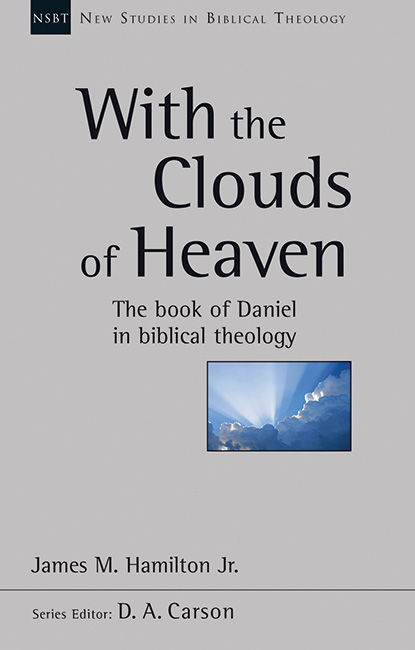
Perceiving within evangelical studies the lack of a robust canonical biblical-theological treatment of the book of Daniel, James Hamilton explores how it contributes to the Bible's unfolding redemptive-historical storyline.
First, he shows how the book's literary structure contributes to its meaning, and then addresses key questions and issues. He argues that the four kingdoms prophesied by Daniel are both historical and symbolic; that the 'one like a son of man' seen by Daniel is identified with, and distinguished from, the Ancient of Days in a way that would be mysterious until Jesus came as both the son of David and God incarnate; that the interpretations of Daniel in early Jewish literature attest to strategies similar to those employed by New Testament authors; that those authors provide a Spirit-inspired interpretation of Daniel that was learned from Jesus; and that the book of Revelation uses Daniel's language, imitates his structure, points to the fulfilment of his prophecies and clarifies the meaning of his 'seventieth week'. Hamilton concludes by examining typological patterns.
First, he shows how the book's literary structure contributes to its meaning, and then addresses key questions and issues. He argues that the four kingdoms prophesied by Daniel are both historical and symbolic; that the 'one like a son of man' seen by Daniel is identified with, and distinguished from, the Ancient of Days in a way that would be mysterious until Jesus came as both the son of David and God incarnate; that the interpretations of Daniel in early Jewish literature attest to strategies similar to those employed by New Testament authors; that those authors provide a Spirit-inspired interpretation of Daniel that was learned from Jesus; and that the book of Revelation uses Daniel's language, imitates his structure, points to the fulfilment of his prophecies and clarifies the meaning of his 'seventieth week'. Hamilton concludes by examining typological patterns.



